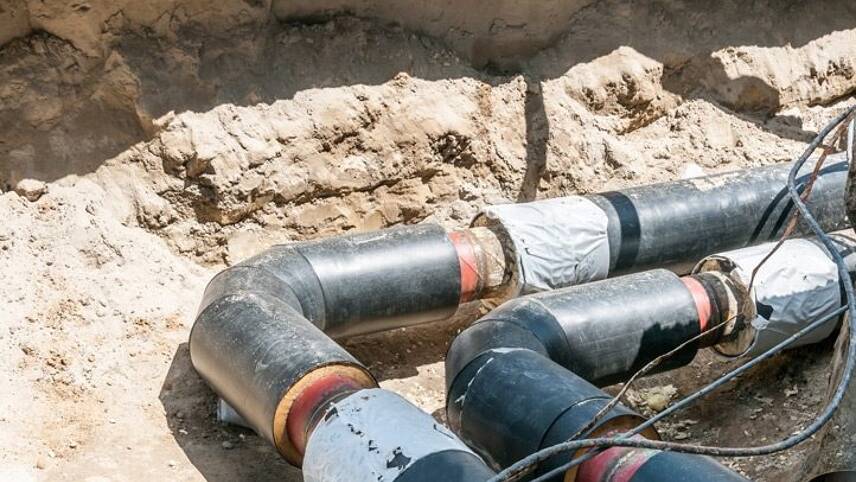Register for free and continue reading
Join our growing army of changemakers and get unlimited access to our premium content

The company has tied its loan to key targets, including reducing the amount of natural gas leakage from the gas network by at least 28% by the end of 2026
Cadent, National Grid, NGN, SGN, and Wales & West Utilities have today (28 May) a Zero Carbon Commitment package, calling for £904m in investment to spur the UK’s economic recovery from the COVID-19 crisis while helping the UK reach its net-zero target.
If approved, the spending would focus on projects across Britain between 2021 and 2026, under the RIIO-2 price control. The gas networks claim that spending could help the UK use “blue hydrogen” developed from carbon capture and storage projects, and “green hydrogen” from renewable electricity – with the latter becoming cost-competitive by 2030.
Under the plan, £446m would be spent on new network infrastructure for the industrial use of hydrogen, including a £391m investment for carbon capture, utilisation and storage (CCUS) projects in the north-west of England, Aberdeenshire and the Isle of Grain.
A further £264m would be spent on projects to expand the capacity of local gas networks by connecting hydrogen and bio-methane generation projects and transport refuelling stations. £150m would be used to run large-scale trials for domestic use of hydrogen heating, cooking and transportation and how these are connected to the gas grid.
Finally, £43m would be spent to research blending more zero-carbon hydrogen with the natural gas currently used in the UK’s gas networks.
Ofgem is due to make a decision on gas network investment in July.
The call for funding comes as the Energy Networks Association (ENA) releases new research claiming that £182bn could be invested to make hydrogen cost-competitive with the current natural gas-based system. Doing so, the report states, would reduce energy system costs to the UK public by £89bn by 2050.
ENA’s chief executive David Smith said:“With the solutions to tackling climate change being as much local as they are national, we have to take the #buildbackbetter opportunity to rebalance our economy in the right way.
“As the Government looks to set out its plans for the economic recovery from the COVID-19 crisis, our members are ready to play their part. We have a plan that’s ready to go. So let’s unlock the investment that’s needed, and create the world’s first zero-carbon gas grid here in the UK.”
Gas game-changers
Heat accounts for more than a third of the UK’s greenhouse gas emissions and remains one of the biggest challenges for the nation to overcome as part of its transition to net-zero emissions by 2050.
While electric heat pumps and biomass boilers are common technologies across the UK’s housing stock and commercial buildings, most of the heat used by buildings and industries derives from fossil fuels. Natural gas – albeit blended somewhat with biomethane – is the “predominant source of heating for the vast majority of customers connected to the grid”, according to the Government’s own reports of the decarbonisation of heat. Around 75% of the UK’s current heating demand in buildings is met by natural gas.
Cadent, for example, has agreed to the UK’s first ‘transition bond’ which has been issued to enable heavy-carbon emitters to access funds to decarbonise.
Cadent, which delivers gas to more than 11 million houses and businesses in the UK, has welcomed the UK’s net-zero emissions target for 2050 and is exploring the role that renewable gas can play in reaching the said target. The RIIO2 challenge group has praised Cadent for its informed and open approach to discussions on decarbonisation.
Matt Mace


Please login or Register to leave a comment.